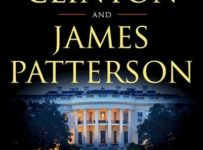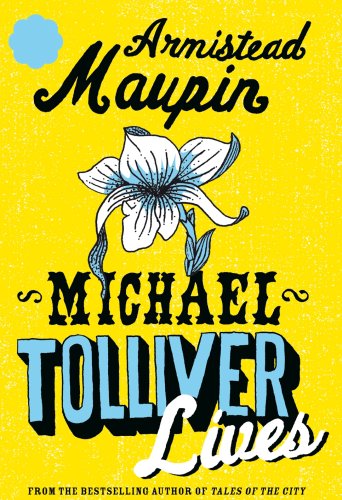
Young adults! Why do we write fiction for and about them? All they care about is pretty girls and punching bullies! Or pretty boys and standing up to bullies, possibly through punches, as the case may be.
The point stands: your average teenage boy or girl is easily the worst candidate for saviour of the universe, yet we place the burden on them all the time. When someone who isn’t a slave to their hormones could more easily save the day, children burdened with “destiny” have to take on the elements and win.
So too is the case with I Am Number Four, a cynical exercise in teen pandering and film tie-ins: the worst possible person is charged with the most important task. We identify with him because we too go to school and have overwrought feelings for girls! Dive in!
Ten years ago, the Mogadorians laid waste to the Utopian planet of Lorien. Nine children born to develop superpowers were sent to Earth with their carers. They can only be killed in the order that they were branded.
The first three are dead. John Smith (John Smith!) is Number Four.
Yes, I am not the target audience for I Am Number Four, and so I find its genre excesses a bit stupid. There are guaranteed to be a lot of people who will eat this book right up, to reach towards a dream of vicarious high school attendance.
The first thing that needs to be addressed by the authorship of the piece, one “Pittacus Lore”. Lore tells us that the story is wholly true, that there is a Mogadorian threat out there and it’s going to funk us up. Pittacus Lore is the pseudonym not just of new author Jobie Hughes, but also of James Frey, most famous for the manifold fabrications of A Million Little Pieces. That he has now been reduced to a fictional construct presenting a fictional story as indisputable truth tickles me in a way.
That Lore is actually partly Frey means something else, as well: there is a modicum of quality in the writing. In the early days it almost falls into the trap of being as deathly dull as the school passages of Stephenie Meyer’s Twilight (disclaimer: I never managed to finish Twilight), but Lore recognises that we don’t need to know the content of identical school days soon enough and we are quickly spared the constant astronomy lessons.
This is not to say that Lore’s prose and conceit aren’t clumsy at times. Unless the twist is that John Smith (John Smith!) is Pittacus Lore – which he isn’t – it doesn’t make sense to present the novel as his first person narrative. The other pitfall of the first person presentation is that the reader has to put up with a lot of descriptions of how in love John is and, on at least two separate occasions, how pretty Sarah is even without makeup on.
John Smith (John Smith!) is a slightly self-indulgent narrator but not without his charms. Outside of the horrible "love†story, Lore has a strong sense of interpersonal relationships and has the father/son dynamic nailed down fairly well.
Unfortunately the plot isn't handled with as much finesse, a sort of Empire Strikes Back without the depth: John is training under Henri so that he may face the great evil that is after him, but the balance of this means that we endure a lot of repetitive domesticity, lessons and training sequences interspersed with two bare action sequences and one final set piece. The drama escalates to a high point but once it gets there It's all rather predictable and the pacing is leaden. I understand that this is what Young Adult audiences probably want and expect but I think that they can and should be treated better.
Similarly, Lore has taken the easy and dangerous way out: violence. John is bullied, so how does he end up dealing with it? Violence. The character of Sam is very nonchalantly placed in a position where he has very easy access to a gun (and an absentee mother), and he does end up using it. That it's against aliens allegedly makes it okay, but how do you explain the protagonist explicitly torturing human characters?
You can write it off as a surge of hormones, that John's development of his powers is a metaphor for puberty, but … this is a pretty strong argument against teens having super powers or, for that matter, guns. The way it's written, admittedly from a biased perspective, suggests that everything is cool about everything action John and Sam take. Every time John steps over the line, he is rewarded with a hug by Henri, his father figure.
With irresponsible messages of power hunger for teens, a plot that only shows flashes of excitement towards the end and an overall pat execution, I Am Number Four is easily missed. Having read it, I'm certainly not going to bother with the movie (unless I get free tickets). Only the first in what is guaranteed to be a series of pedestrian and ultimately all-too-familiar youth sci-fi novels.



Wow, James Frey has reached a new low. I guess I should read this book (the whole “know your enemy” philosophy) but you’ve pretty well convinced me not to. Looking forward to your review of “I Am Number Five!”
I am not a number! I am a free man!